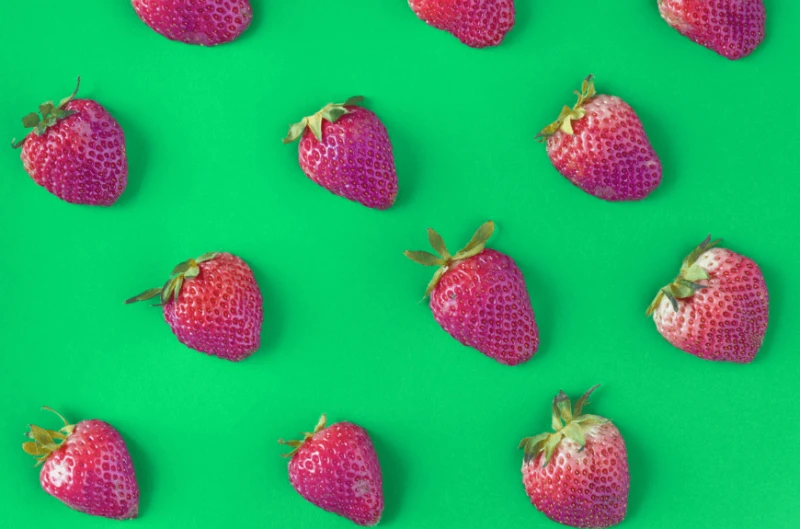US food is pesticide free: Latest USDA report finds 99+% of 23 conventionally-grown fruits, vegetables and grains test below hazard benchmarks
US food is pesticide free: Latest USDA report finds 99+% of 23 conventionally-grown fruits, vegetables and grains test below hazard benchmarks


The USDA has published the 2022 Pesticide Data Program Annual Summary, which shows that over 99% of the samples tested had pesticide residues below benchmark levels established by the Environmental Protection Agency, according to a news release.
The tests were conducted on 10,665 samples from 23 commodities including fresh and processed fruits and vegetables, dairy, nuts and grains, the release said. The Pesticide Data Program is a national pesticide residue monitoring program that tests a variety of domestic and imported foods, with a focus on foods that are consumed by infants and children.
USDA and EPA work together each year to identify foods to be tested on a rotating basis, and USDA partners with cooperating state agencies to collect and analyze pesticide residue levels on the selected food commodities, according to the release.
EPA relies on Pesticide Data Program data to conduct dietary risk assessments and to ensure that any pesticide residues in foods remain at or below levels that EPA has set, the release said. The data also provide regulators, farmers, processors, manufacturers, consumers and scientists with insights into the actual levels of pesticide residues found on widely consumed foods.
This is an excerpt. Read the original post here

 | Videos | More... |

Video: Nuclear energy will destroy us? Global warming is an existential threat? Chemicals are massacring bees? Donate to the Green Industrial Complex!
 | Bees & Pollinators | More... |

GLP podcast: Science journalism is a mess. Here’s how to fix it

Mosquito massacre: Can we safely tackle malaria with a CRISPR gene drive?

Are we facing an ‘Insect Apocalypse’ caused by ‘intensive, industrial’ farming and agricultural chemicals? The media say yes; Science says ‘no’
 | Infographics | More... |

Infographic: Global regulatory and health research agencies on whether glyphosate causes cancer
 | GMO FAQs | More... |

Why is there controversy over GMO foods but not GMO drugs?

How are GMOs labeled around the world?

How does genetic engineering differ from conventional breeding?
 | GLP Profiles | More... |

Alex Jones: Right-wing conspiracy theorist stokes fear of GMOs, pesticides to sell ‘health supplements’




 Viewpoint — Fact checking MAHA mythmakers: How wellness influencers and RFK, Jr. undermine American science and health
Viewpoint — Fact checking MAHA mythmakers: How wellness influencers and RFK, Jr. undermine American science and health Viewpoint: Video — Big Solar is gobbling up productive agricultural land and hurting farmers yet providing little energy or sustainabilty gains
Viewpoint: Video — Big Solar is gobbling up productive agricultural land and hurting farmers yet providing little energy or sustainabilty gains Fighting deforestation with CO2: Biotechnology breakthrough creates sustainable palm oil alternative for cosmetics
Fighting deforestation with CO2: Biotechnology breakthrough creates sustainable palm oil alternative for cosmetics Trust issues: What happens when therapists use ChatGPT?
Trust issues: What happens when therapists use ChatGPT? 30-year-old tomato line shows genetic resistance to devastating virus
30-year-old tomato line shows genetic resistance to devastating virus California, Washington, Oregon forge immunization alliance to safeguard vaccine access against federal undermining
California, Washington, Oregon forge immunization alliance to safeguard vaccine access against federal undermining The free-range chicken dilemma: Better for birds, but with substantial costs
The free-range chicken dilemma: Better for birds, but with substantial costs ‘You have to treat the brain first’: Rethinking chronic pain with Sanjay Gupta
‘You have to treat the brain first’: Rethinking chronic pain with Sanjay Gupta
